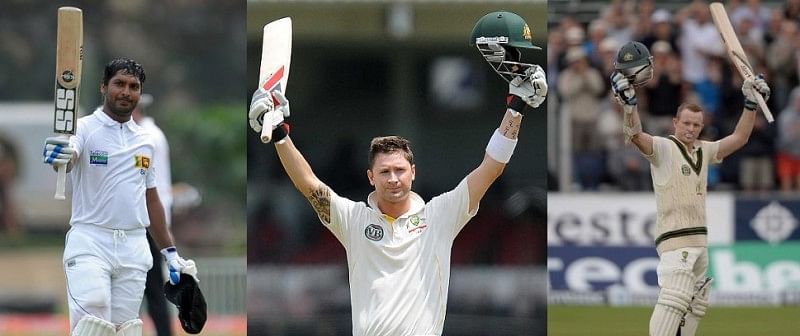
The good, the bad and the ugly: Sangakkara, Clarke and Rogers
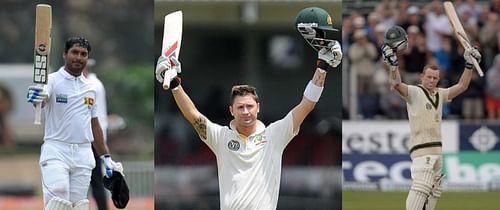
Cricket fans and aficionados all over the world. Get ready for a rather sombre weekend as we bid adieu to two modern cricketing mavens plus one understated champion. The graceful Sri Lankan batting mainstay Kumar Sangakkara, the twinkle-toed Australian captain Michael Clarke and his mettlesome compatriot, Chris Rogers. Each one of them has left an indelible mark on cricket history.
The good: Sangakkara
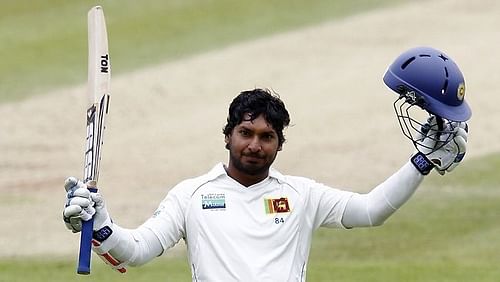
Kumara Sangakkara was destined for greatness ever since he made his ODI debut against Pakistan in 2000. Though it took him a while to get used to the punishing demands of international cricket, he got there with grit and determination. Yes, flair helped too. With a cut here and a pull there and with a sweep here and a drive there, he soon became one of the cricket's premier and most consistent batsmen.
With age, his appetite for runs became a ravenous one and his average jumped from the low 40s to the high 50s. Of course, there's always the familiar sounds of cynicism and fault-finding of every cricketer, great or mediocre.
They say his titanic performances against Bangladesh and Zimbabwe hide his not-so-great away batting statistics. He scored whopping 2353-runs (with nine centuries and eight fifties) in the 20 Test matches he played against them, at a Bradmanesque average of 94.08.
So, it's true no one anguished Bangladesh with the bat like Sangakkara did and Zimbabwe didn't have a particularly easy time against him either. But an away average of 47.80 against the top-eight teams shows he wasn't a walking wicket outside Sri Lanka. And let's not forget he's just one shy of equalling Don’s record for most double-hundreds. For his sake and history's, let's hope he does though I highly doubt India would like to be at the receiving end.
The bad: Clarke
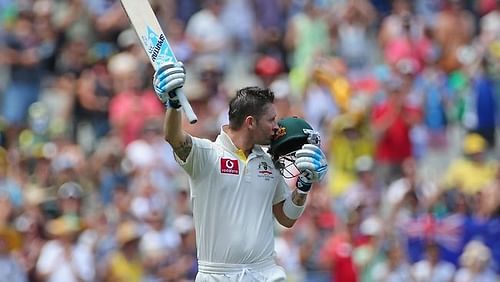
When I say "bad", do note that I'm referring to Michael Clarke's tumultuous romance with the Australian public. Despite a career accentuated by glorious achievements, he was never able to win over the Australian public due to his high-profile celebrity status. So whenever the team lost, he became the team's whipping boy. The bad guy.
While the culmination of Sangakkara’s and Rogers' innings was well-known and foreseen, Clarke's came in as a bit of a shock. After all, it was less than four months ago that he took a dominant Australia to World Cup glory. The story of his ascendancy from a promising young batsman to one of the world's best is as much a story of endurance as it is of natural skill and talent.
Forever under the jeopardy of premature retirement due to his chronic back problems, he fought valiantly throughout his Test career. Much like Sangakkara, his critics, the persistent lot that they are, picked apart his home and away performances.
Although there is a disparity in his home and away numbers, it does not make for the most scandalous viewing. Yes, like most batsmen, he was more comfortable in home conditions than away but one mustn’t forget the tough hundreds he scored under immense pressure and when the team needed it. His Cape Town centuries in 2011 and 2014 are the stuff that history's made of.
The slump in his form at the fag end of his career has brought down a highly respectable average of 52+ to less than 50. But, we hope he rectifies that in his last match with a century.
The ugly: Rogers
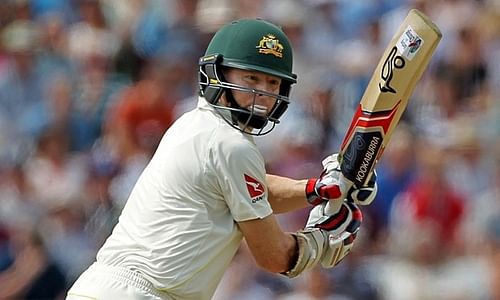
With minimal foot movement and a minimal back-lift at 5 ft 10 in, stands Chris Rogers. There are no glorious drives. No commanding pull shots. And no ferocious cut shots. Unlike his fellow opener, he is a batsman who belongs to the traditional school of batting. He waits for the ball and plays it late and with soft hands.
He was not the most elegant batsman and you may not read fables written about him but do not underestimate his value to the Australian batting order. With almost 25000 runs at an average close to 50, he performed consistently throughout his first-class and short Test career. With a technique perfectly suited for English conditions, he was perhaps the only Australian batsman who didn't look at the sea in this Ashes.
With David Warner, he formed a very steady partnership in the last couple of years for Australia and they will surely miss his steady, unwavering presence at the top. He may not get a guard of honour like his fellow retirees or be acknowledged as one of the greatest Test opening batsmen, but let’s hope Australia give him the farewell he deserves. He was a champion batsman, even if not in the same ilk as Sangakkara and Clarke